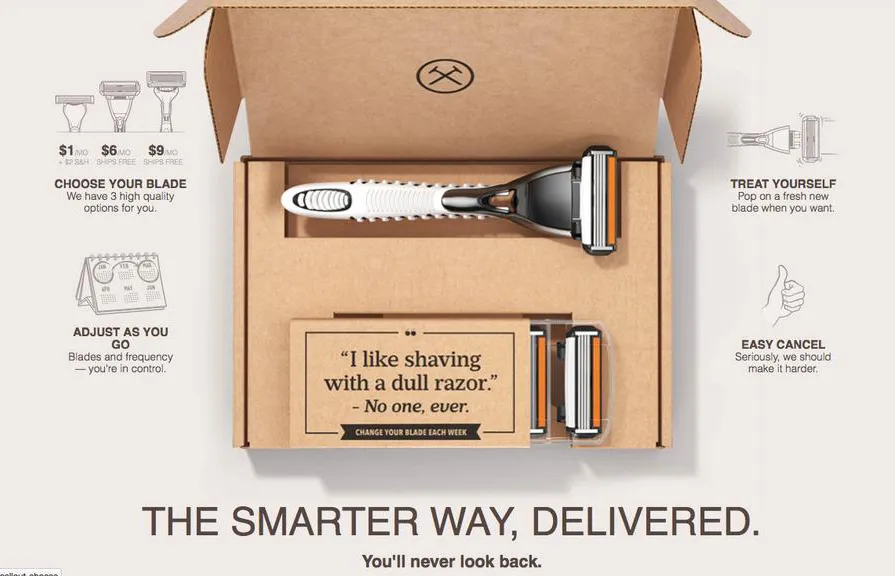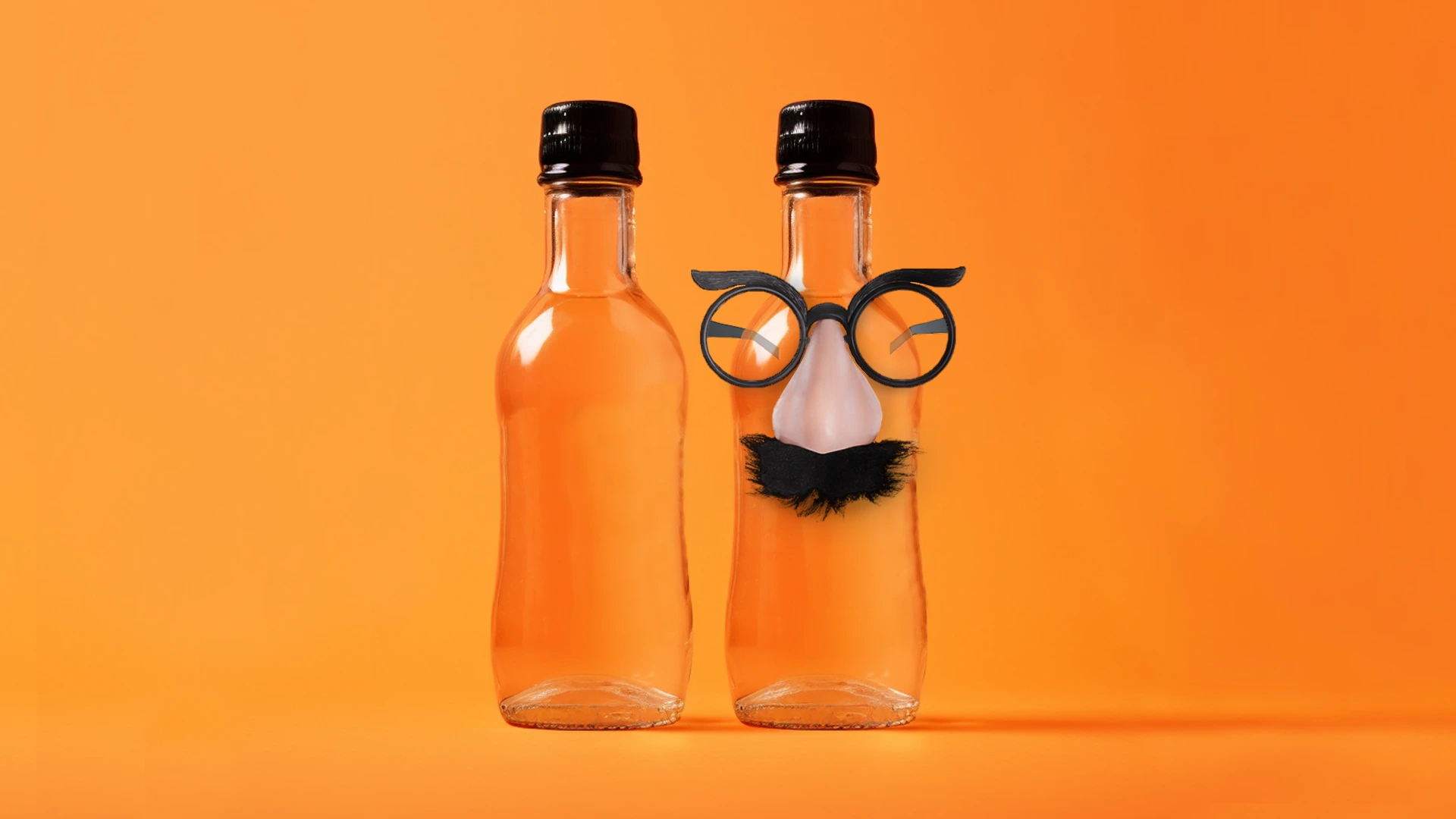First impressions can make or break a deal. That’s why companies pour resources into developing innovative solutions and marketing strategies. But instead of reinventing the wheel, a strategic relabeling can be just as effective… like what Michael Dubin did in 2012 with the Dollar Shave Club.
Recognizing the high prices and lackluster options in the razor market, Michael Dubin and his business partner Mark Levine opted for a subscription model that offered premium quality razors at unbeatable prices. Instead of reinventing the wheel, they took a different approach: “relabeling” and adapting existing solutions – razors and subscription models – to fit their customers’ needs.

This is a prime example of the Relabel Business Prototyping technique.
Instead of creating a brand new product or service from scratch, you take what’s already out there and make it your own by tweaking it to fit your unique selling points.
This might include things like the way you sell it, who you’re selling it to, or how you make money from it. The key is to make your value proposition stand out and create a seamless customer experience as quickly as possible.
Effectively, Dollar Shave Club sidestepped direct competition with established brands like Gillette and were instead able to focus on delivering a hassle-free, wallet-friendly shopping experience — complete with a marketing campaign that really cut through the noise. Their 90-second launch video in 2012 went viral, racking up three million views in just one day and adding 12,000 subscribers to the Dollar Shave Club. The video was hilarious, and it became the company’s claim to fame.

Dubin’s approach shows that you don’t need to create something entirely new to succeed; you just need to find a fresh way to package an existing product.
The key to this technique is to focus on what makes your value proposition different. It’s not only about the product, but can also be any of the elements included in the Business Model Canvas: the channel, the target, the source of income, etc.
Red Bull is another terrific example of the relabeling technique. The inspiration came from a Thai tonic called Krating Daen, which was a favorite among local workers. Austrian businessman Dietrich Mateschitz came across it during his frequent trips to Thailand and saw an opportunity to bring the drink to the West and market it as an energy drink for a more upscale demographic (think European ski resorts). This shift proved to be successful as Red Bull became a household name worldwide.

At NOBA, we’ve applied the relabeling technique to several projects, including a large food industry client who wanted to test the feasibility of a dog food subscription service. After conducting an initial “Smoke Test” to confirm demand, we put the Relabel technique to work and we modified the value proposition to target a whole new channel: meal delivery. The result? A successful and in-demand service for our furry friends.
The Relabel technique can help you leverage existing solutions and customize them to meet customer needs and create a successful business, just like Red Bull did.







